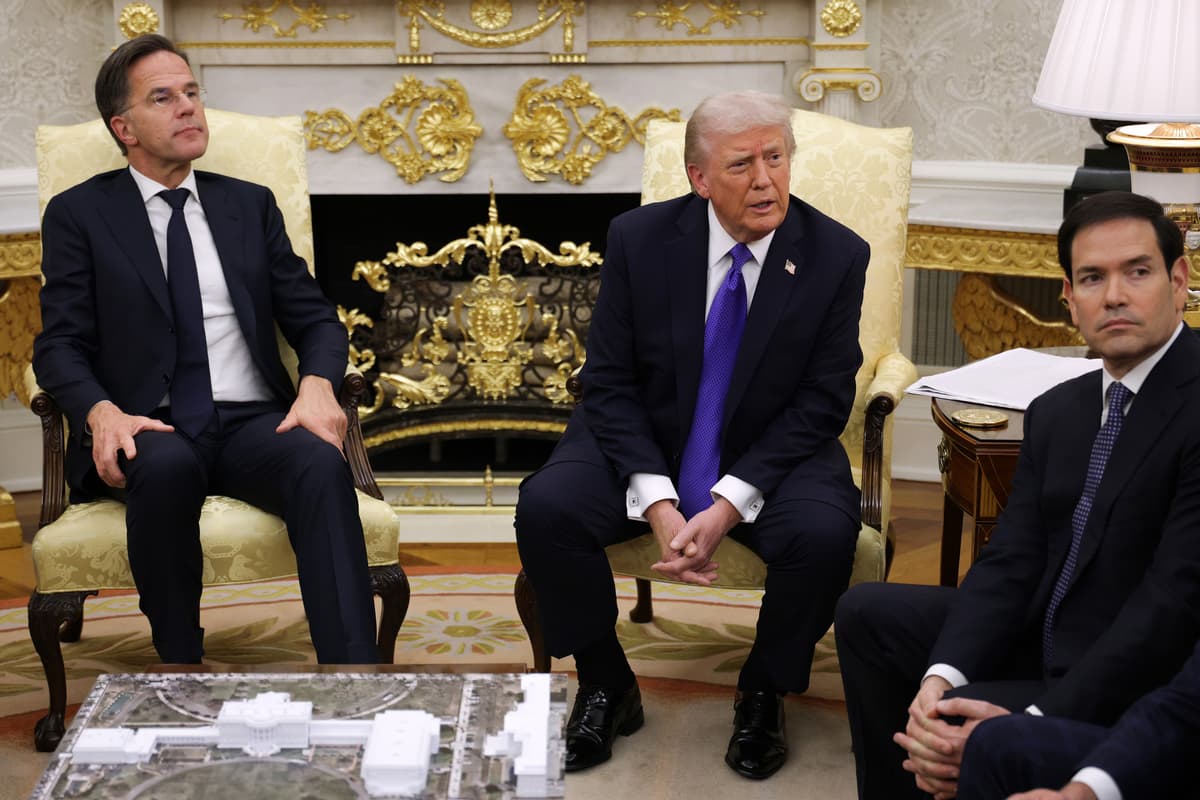President Donald Trump has announced sanctions targeting Russia’s two largest oil-exporting companies, Lukoil and Rosneft. Following this decision, Russian President Vladimir Putin expressed confidence that the sanctions would not significantly harm Russia’s economy. In a statement to the press, Trump suggested that the true effects of the sanctions would become apparent in six months.
The sanctions come as India and China, which together account for approximately three-quarters of Russia’s oil exports, begin to adjust their purchasing strategies. Reports indicate that India plans to eliminate its imports of Russian oil entirely, while China may reduce its purchases by half. If these projections hold true, the sanctions could profoundly impact Russia’s oil revenue, which is crucial for funding its ongoing military operations in Ukraine.
Economic Ramifications of Sanctions
The sanctions mark the first major economic action taken by the Trump administration against Russia, reflecting the growing frustration over Russia’s military actions. Trump has indicated that the timing of these sanctions is strategic, particularly as inflation remains low in the United States and the next midterm elections are still a year away.
Despite the sanctions, the price of Brent oil recently saw a minor increase of five percent, reaching approximately $62 per barrel. However, the overall trend shows that Russia’s oil export revenues have already decreased by 21 percent compared to the same period last year. Oil and gas taxes contribute around 25 percent of the Russian government’s revenue, making the situation increasingly dire for the Kremlin as it depletes its sovereign wealth fund to maintain fiscal stability. Currently, Russia has approximately $50 billion left in this fund, a stark contrast to Norway’s sovereign wealth fund, valued at around $2 trillion.
Analysts predict that these sanctions could have a lasting impact on Russia’s economy, which is projected to grow a mere 0.6 percent this year, according to the International Monetary Fund (IMF). This is a significant drop from last year’s growth of 4 percent, primarily driven by increased defense spending.
International Response and Future Implications
The sanctions have received a mixed response internationally. The European Union recently approved new sanctions aimed at phasing out purchases of Russian liquefied natural gas by the end of next year. Following the invasion of Ukraine, Europe has remarkably reduced its energy imports from Russia by 90 percent.
On the Russian side, former president Dmitry Medvedev, now deputy chairman of Russia’s Security Council, issued a strong statement, labeling the U.S. sanctions as an “act of war.” He characterized Trump’s actions as aligning with European leaders who oppose Russia.
As the geopolitical landscape evolves, Trump’s administration is also considering further military support for Ukraine. In a recent address, Trump warned that the sale of Tomahawk missiles to Ukraine could provoke a serious response from Russia. Despite this, Ukraine has continued its military operations, launching strikes on Russian oil refineries, which President Volodymyr Zelensky stated contribute to “bringing Russia back to reality.”
With the ongoing trade discussions between the United States and China, particularly concerning tariffs and oil imports, the situation remains fluid. The coming months will reveal whether the sanctions will indeed alter the dynamics of Russian oil exports as projected by Trump, or if Russia will find alternative avenues to sustain its economy amidst the mounting pressures.






